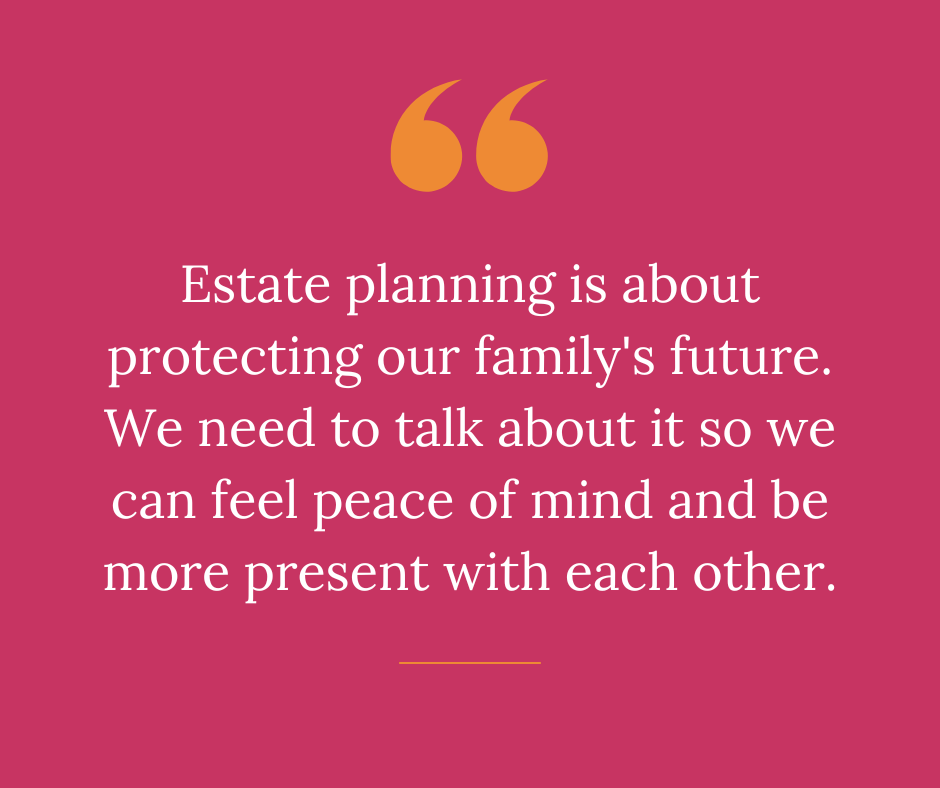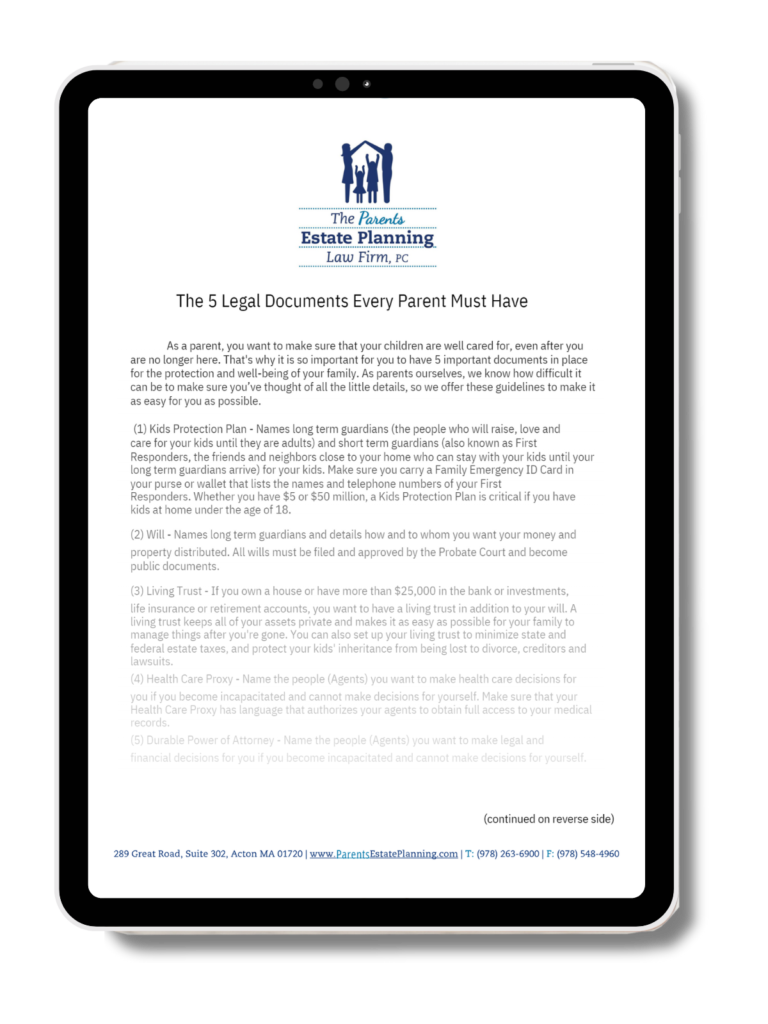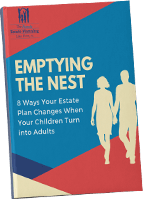
Sarah had been putting off “the talk” with her family for years. It wasn’t about the birds and bees – it was about something equally important but far more uncomfortable: her estate plan. Whether you’re a young parent wanting to discuss your plans with your children at an appropriate age, or an empty nester needing to have this conversation with your adult kids, the task can seem daunting.
One Sunday afternoon, Sarah finally gathered her family in the living room. To her surprise, the conversation wasn’t nearly as difficult as she had imagined. Her family members, young and old, appreciated her openness and felt relieved to understand her plan, knowing they will always be loved and cared for, no matter what.
Many of us, like Sarah, avoid discussing estate planning with our loved ones. We worry it might be too morbid, cause family conflicts, or simply feel overwhelming. However, having this conversation is crucial for ensuring your wishes are respected and your family is prepared for the future.
Let’s break down how to approach this vital discussion with your family, step by step.
Step 1: Prepare Yourself Emotionally
Before initiating the conversation, take time to process your own feelings about estate planning. It’s natural to feel uncomfortable discussing end-of-life matters. Acknowledge these emotions, but remember that this discussion is an act of love and responsibility for yourself and your family.
Step 2: Gather Necessary Documents
Work with your estate planning attorney to prepare or update your essential documents. These typically include:
Having these documents ready will help guide your conversation and answer potential questions.
Step 3: Choose the Right Time and Place
Select a time when everyone is relaxed and free from distractions. A family gathering or holiday weekend might be ideal. Choose a comfortable, private setting where everyone feels at ease.
Step 4: Set the Tone for the Conversation
Begin by explaining why this discussion is important to you. You might say something like:
“I want to talk about something that’s been on my mind. It’s about making sure our family’s future is protected and that we’re all on the same page about important decisions. This might feel a bit uncomfortable. But I know we need to talk about it so we can feel peace of mind and be more present with each other.”

Step 5: Address Key Points
Discuss the following key aspects of your estate plan:
- Executor and Trustees: Explain who you’ve chosen and why. For example, “I’ve asked your sister Jane to be the executor because her accounting background makes her an easy choice for making good financial decisions.”
- Short and Long Term Guardians for Minor Children: If you have children, share your guardianship choices and your reasoning. You might share, “Our neighbors Josh and Kate agreed to be your short-term guardians. So if anything were to happen, they will take care of you until your auntie Stephanie and uncle Mark get here.”
- Distribution of Assets: Provide an overview of how you plan to distribute your assets. Be prepared to explain anything that might seem unequal. If you have a Trust, you should talk about how it works and how it protects your children.
- Healthcare Decisions: Discuss who you’ve designated to make healthcare decisions by reviewing your Healthcare Proxy, HIPAA Authorization, and Living Will. Make sure your family understands your wishes for medical treatment.

Protect your children with 5 simple documents
Don’t risk your family’s safety. Discover the essential legal documents every parent needs.
Step 6: Handle Questions and Concerns
Encourage open dialogue. Listen to your family’s concerns and answer questions honestly. If conflicts arise, remind everyone that the goal is to protect your family and ultimately build your family’s legacy.
Step 7: Follow Up and Keep the Conversation Ongoing
Estate planning isn’t a one-time discussion. Commit to revisiting the conversation periodically, especially if there are significant life changes or updates to your plan. Remember—your plan only works how you want it to, when need it to, if it is up-to-date.
Why This Matters
This conversation is immensely beneficial to everyone involved:
- It provides clarity and reduces the potential for added stress or confusion if something unexpected were to happen.
- It allows you to explain your decisions personally, minimizing misunderstandings.
- It can strengthen your family’s bonds through open, honest communication.
As Frank, one of our clients at The Parents Estate Planning Law Firm, shared: “I was nervous about having this talk with my kids. But afterward, we all felt closer. I was surprised how much they understood about our plan! Afterward, I felt a weight lift off my shoulders I didn’t even realize was there.”
Taking the Next Step
Remember, you don’t have to navigate this process alone. At The Parents Estate Planning Law Firm, we’re here to guide you every step of the way. We can help you prepare your documents, strategize your family discussion, and ensure your estate plan empowers you to protect your family’s future.
Ready to start making informed choices for the people you love most? Download our free guide, “5 Essential Estate Planning Documents Every Parent Needs,” or schedule a Planning Session with one of our experienced attorneys today. Let’s work together to protect your family’s future and give you peace of mind.












